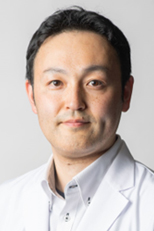筑波大学附属病院内の組織との連携
筑波大学附属病院に設置されている組織との連携に関するお問い合わせ
| できること | 窓口担当者 | よくある相談 |
主な連携先
事前に用意いただきたい情報
研究テーマ、連携希望内容、期待する成果
Head of Digital Hospital Division
Professor, Center for Computational Sciences, University of Tsukuba.
Center for Cybernics Research, University of Tsukuba.
University of Tsukuba Graduate School of Comprehensive Human Sciences Physical Education Health and Sport Science, University of Tsukuba. Center for Cyber Medicine Research, University of Tsukuba
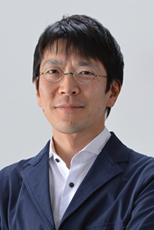
Professor, Institute of Medicine, University of Tsukuba.
Director of the Advanced Emergency and Critical Care Center
University of Tsukuba Hospital Redevelopment/PFI/Effective Facility Utilization/Planning
Vice Director of Fire Prevention/Disaster Prevention/Disaster/BCP/Closed ICU
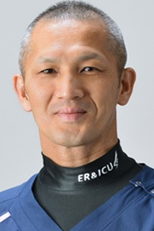
Gastrointestinal Surgery Professor, Institute of Medicine, University of Tsukuba.
Head of Clinical Medicine, Institute of Medicine, University of Tsukuba.
Vice Director of Medical Care, University of Tsukuba Hospital
Chief of Surgery, University of Tsukuba Hospital
Japan Society for the Promotion of Science, Chief Researcher
Cancer Professional Training Plan
National e-learning Director
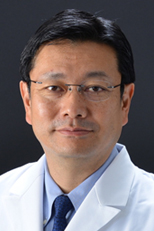
Professor, Institute of Systems and Information Engineering, University of Tsukuba
Visiting Professor, Tohoku University International Center for Synchrotron Radiation Innovation Smart (SRIS)
President, Japanese Society of Medical Imaging Technology
JST CREST Research Program[Innovative Measurement and Analysis]
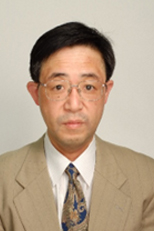
Associate Professor, Center for Computational Science, University of Tsukuba
Center for Cybernics Research, University of Tsukuba.
University of Tsukuba Graduate School of Comprehensive Human Sciences Physical Education Health and Sport Science, University of Tsukuba.
Center for Cyber Medicine Research, University of Tsukuba
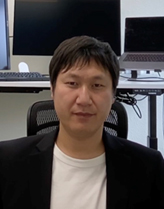
Assistant Professor, Institute of Medicine, Nephrology and Urological Surgery, University of Tsukuba
Vesica AI, Co-founder, CMO & CTO(Startup from University of Tsukuba)

